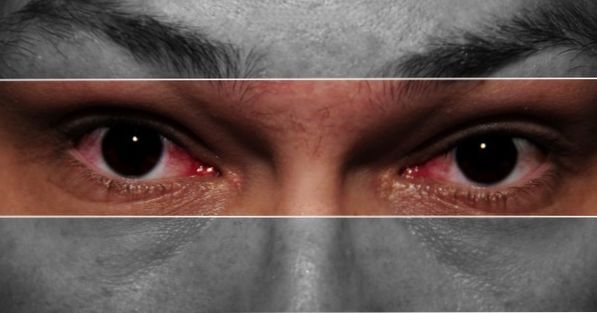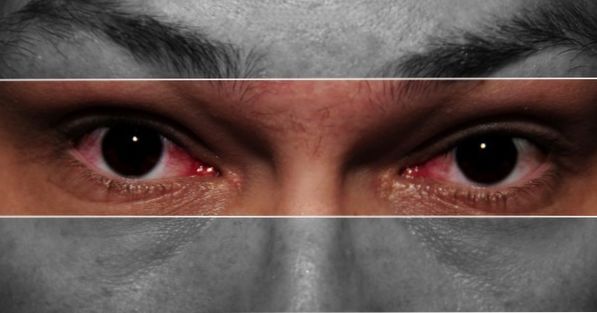The causes of body dysmorphic disorder may arise from central nervous system, but also has a lot of cultural influence, in which the body, beauty and physical appearance are highly valued.
Life history may also be related to the development of body dysmorphic disorder, such as very rigid education or very protective parents, having few friends during childhood, belonging to families in which the ideal of beauty is overvalued, among other conditions.
Symptoms
Body dysmorphic disorder is characterized by behaviors that are distorted in relation to the self image, with excessive preoccupation with body image, physical defects or imperfections identified in the body.
People with body dysmorphic disorder are concerned and harmed by appearance, even if the body defects are almost imperceptible or even none existent.
In social situations, these individuals tend to dodge others or "mask" their "defect" through clothing, makeup, body positions, gestures, among other forms.
Other common signs and symptoms of body dysmorphic disorder are in the habit of comparing themselves to others, constantly examining the physical "anomaly" in the mirror or avoiding looking at it, as well as the frequent achievements of plastic surgery and aesthetic treatments.
These behaviors may without diaries and impair the individual's social, personal, family, and affective relationships.
Diagnosis
However, in order for the body dysmorphic disorder to be diagnosed, the patient must present the following signals and symptons:
1) To worry excessively about some physical defect that is imperceptible or practically null for other people;
2) To look repeatedly at the mirror, to cause injuries from so much moving at the site of the "anomaly", to constantly ask the opinion of others about the defect, to compare their physical appearance with those of other people;
3) Impairment in the professional, social and personal life due to the anguish and concern with its physical defect.
The psychiatrist is the specialist responsible for the diagnosis and treatment of body dysmorphic disorder.
Learn more at: What is the treatment for body dysmorphic disorder?









